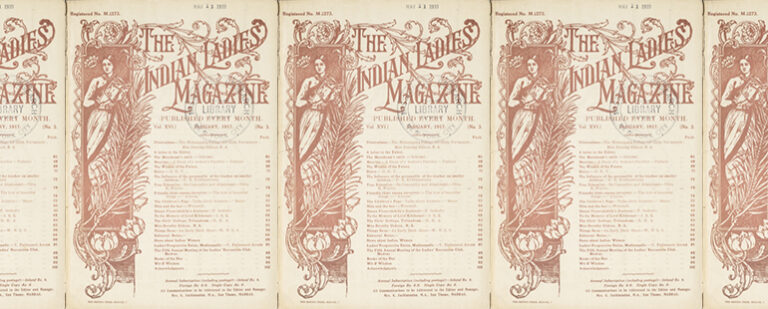The Ubiquitous Unhomeliness of the Diasporic Home
In rendering Homi Bhabha’s concept of the unhomely, or “the estranging sense of the relocation of the home and the world—the unhomeliness—that is the condition of extra-territorial and cross-cultural initiations,” through the sounds and daily events of a young girl’s life, Jhumpa Lahiri exposes a particular formation of unhomeliness inherent to diasporic experience.








